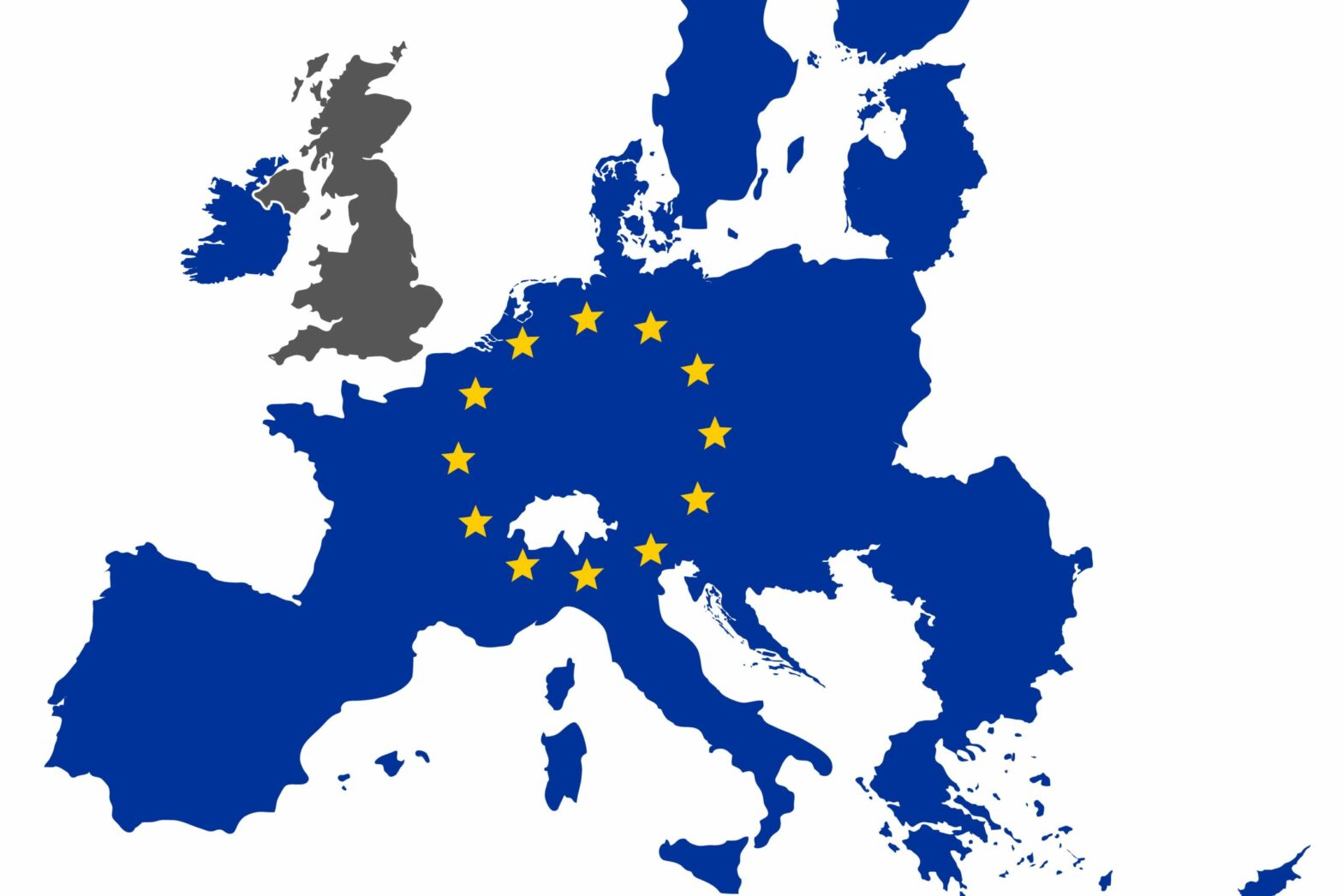Businesses selling goods into Europe face having to pay for VAT registration in all 26 EU countries, costing up to £130,000.
Britain left the EU on January 1 and small businesses now have to register for VAT in each country they sell directly to customers in. Plus they will need to have a physical business representative in each country, and not just be brass-plate company.
Given that it costs between £3,000 and £5,000 to register for VAT per EU country, small businesses could be left with a bill of £130,000 just for the right to pay VAT in each territory.
>See also: Local authorities blame government for slow release of Covid-19 grants
Sean Glancy, VAT and indirect taxes partner at accountant UHY Hacker Young, said: “The risk here is that a UK business moving goods to consumers in, for example, Germany, Italy and Austria would have to register for VAT in all of these countries. If that multiplies across Europe, that is a lot of registrations, time, resource, and cost.”
The good news is that this is only until July 1, when the EU will bring in a one-stop-shop for VAT registration throughout Europe, which means UK businesses only have to register once. This one-stop-shop scheme was originally due to be introduced earlier but the EU pushed back its launch due to Covid.
This is nothing to do with Brexit, rather the EU’s continual drive for harmonisation between member states.
However, that still leaves a potentially disastrous six-month gap for small British B2C exporters.
>See also: Fashion industry struggles for survival due to post-Brexit red tape
But Glancy believes he has come up with a workaround, potentially saving British firms tens of thousands of pounds.
According to Glancy, all you need to do is establish a European office in a business-friendly EU country such as the Netherlands, and then ship your goods into the Netherlands through a warehouse for distribution to the wider EU. That way, you become an EU taxpayer. Historically, the Netherlands has long been a jumping-off point for goods shipped into Europe.
Privately, advisers working for the Department for International Trade (DIT) have been telling small businesses the same thing, said The Observer — that the best way to circumvent border issues and VAT problems which have been piling up since January 1 is to register offshoots within the EU single market, from where they can distribute their goods far more freely.
The downside is that distributors – aware of this golden opportunity – have hiked prices for handling British goods into Europe.
Glancy said: “It’s an absolute nightmare. There’s been no help from UK authorities about this. Ultimately, there will come a point when we all know what we’re doing but for now there’s a lot of red tape and uncertainty. Moving goods into Europe has become very painful.”
Further reading
Gaining settled status for European employees – what employers should do





